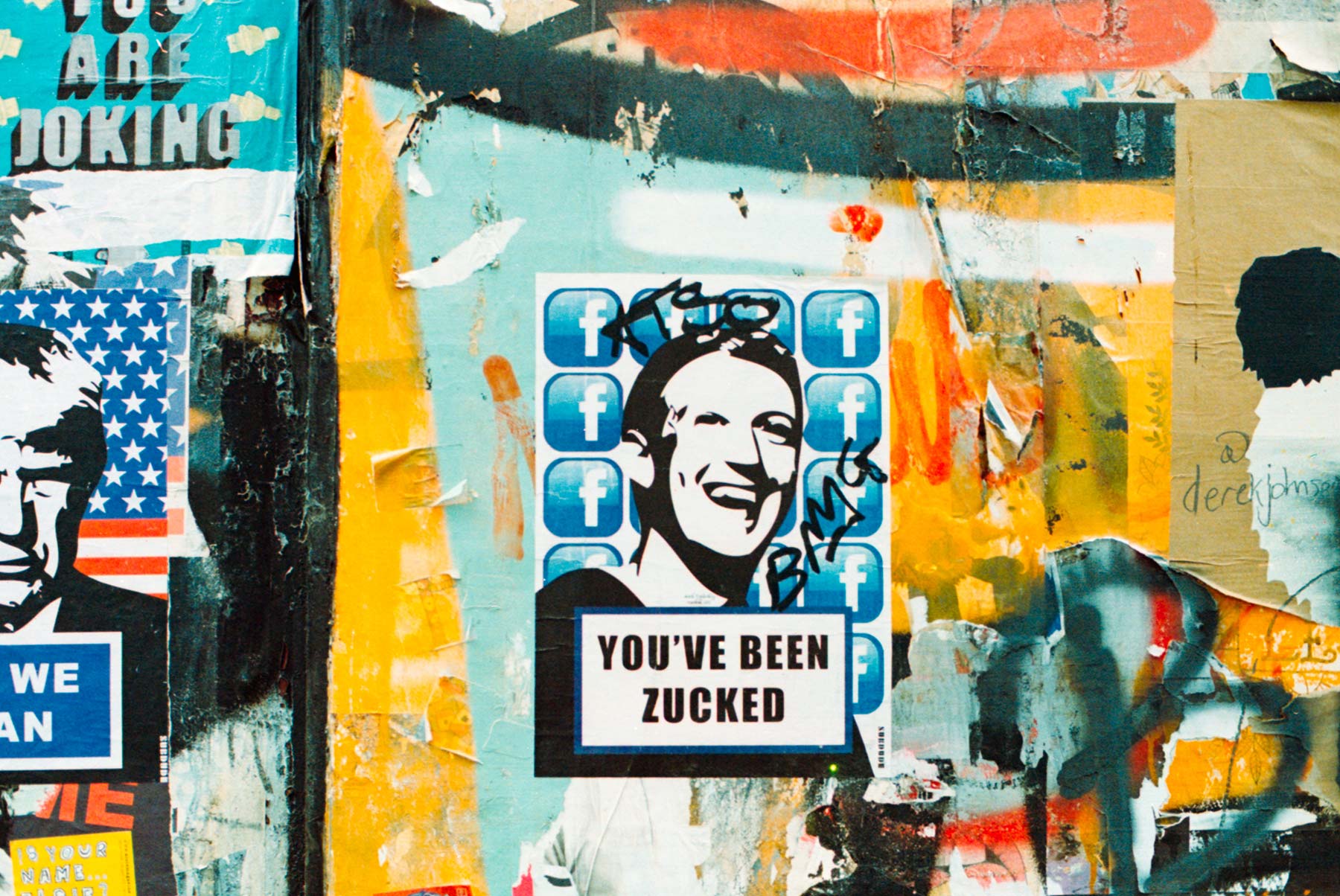This is the editor’s note of the recently released issue 23. By Kai Brach
In the early days of this pandemic, a wave of appreciation for the internet washed over us. Confined to our homes, we figured out how to use our digital tools in earnest – to check in on each other, to stay informed, to work and play together. Some heralded it as the internet that we were supposed to get: one that elicits connection, not conflict.
During the weeks that followed, the internet morphed into an existential lifeline for many. With no access to public physical spaces, we found ourselves relying on private virtual spaces. Suddenly all of our interactions and transactions occurred on the backbone of just a handful of privatised services. A dream come true for Big Tech.
Social isolation perfectly complements Silicon Valley’s business model of ‘frictionless convenience’. Endless entertainment, news, shopping, and socialising, all without having to navigate the insanitary physical world – a risk we outsource to low-income gig workers. Eliminating reasons to go outside was already a winning strategy, but even the most bullish growth hackers couldn’t foresee the boon from a society in quarantine.
In panic mode, our governments, too, have turned to tech solutionism. In what writer Naomi Klein calls the ‘Screen New Deal’, hastily signed public-private partnerships in mass surveillance and data collection promise to bring us out of isolation and into a ‘smart’ future, one where our health records and location data could be blurred into our shopping personas and search profiles.
I know this sounds very cynical. There is no denying that technology is helping us get through this. But anyone who benefits from this tidal wave of fear and uncertainty deserves intense scrutiny. Big Tech’s relentless drive to expand their influence, often at the cost of smaller competitors and our public institutions, has just accelerated. On the back of this global health crisis, tech monopolies don’t just see a business opportunity, but a chance for redemption: when public systems falter, Big Tech is here to save the day. So goes their argument.
This virus offers us a glimpse into a post-spatial future in which we rely on a few conglomerates to navigate a largely privatised, digitised world. The path to a different, more human future depends in no small part upon technologists willing to defend and promote the benefit of the public over that of the private – designers and developers who see the internet as a public utility, not as a vector for disaster capitalism. Now more than ever, as Bruce Schneier eloquently argues in this issue, we need ‘public interest technologists’ who can help revitalise and strengthen our public institutions for the many challenges of the twenty-first century.


